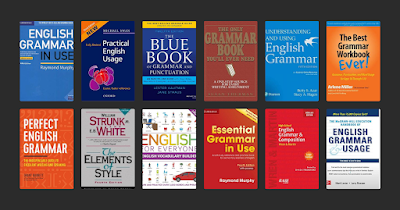Best Grammar Books for IELTS and TOEFL Candidates

When preparing for standardized English proficiency tests like IELTS or TOEFL, mastering grammar is non-negotiable. As someone who has spent years exploring the best resources, I’ve come across some exceptional grammar books that can help candidates strengthen their foundation and ace their exams. 1. "English Grammar in Use" by Raymond Murphy This book is a classic and for good reason. Tailored for intermediate learners, it’s an essential resource for anyone aiming to build a solid grammar foundation. The explanations are clear, and the exercises are practical, covering all the grammatical nuances you’ll need for IELTS or TOEFL. Each unit focuses on a specific topic and follows a structured approach, making it ideal for self-study. I personally appreciate the progression from simple to complex concepts, ensuring learners don’t feel overwhelmed. 2. "Grammar for IELTS" by Diana Hopkins and Pauline Cullen This Cambridge publication is a gem specifically designed for IE...


